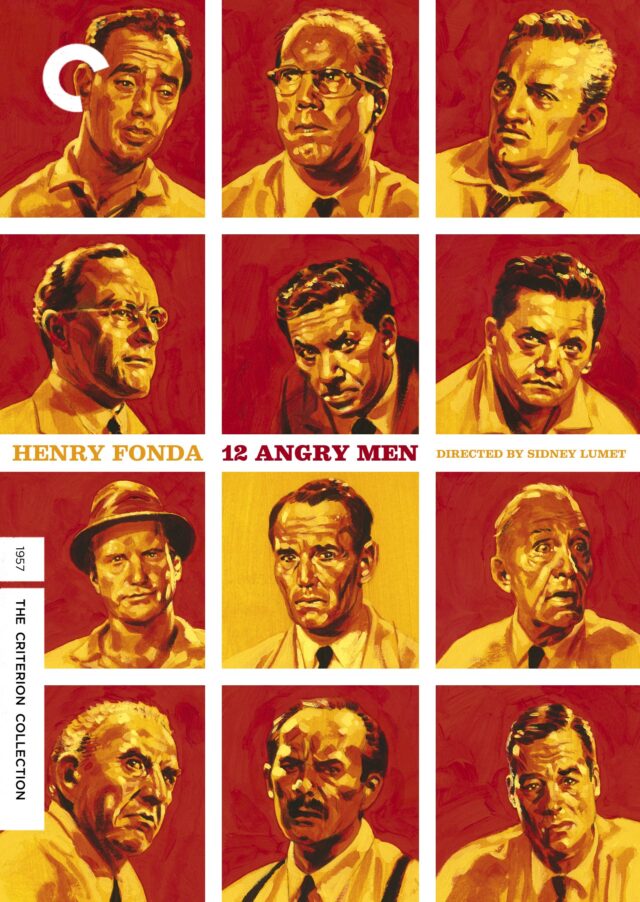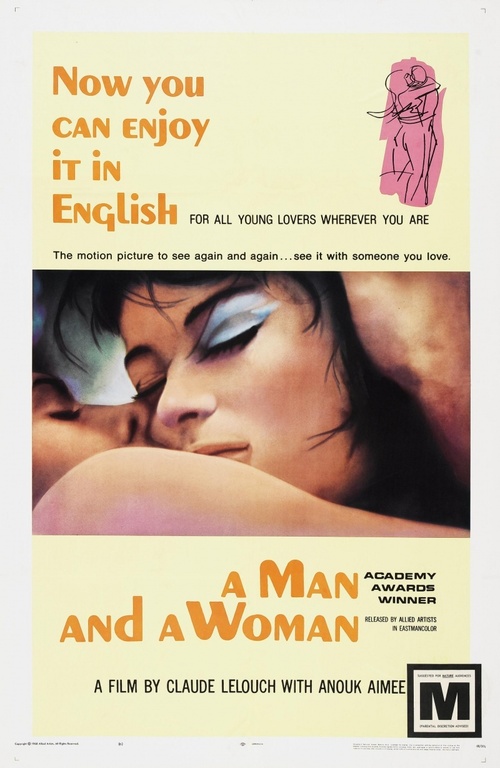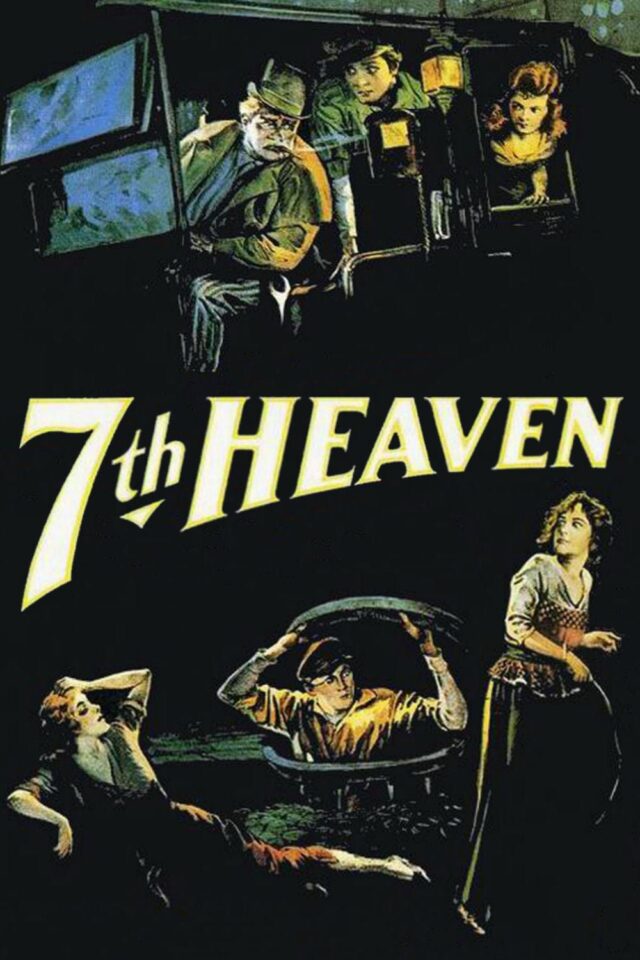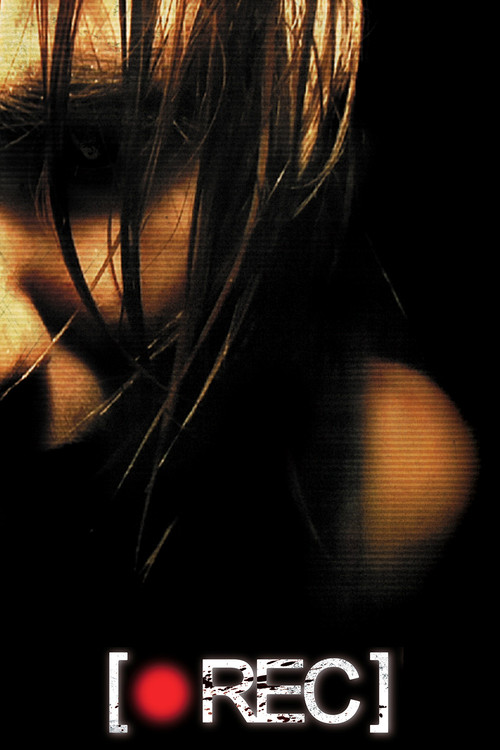Actor Alain Delon, whose life was every bit as dramatic and eventful as his films, passed away last month at 88. He was among the last stars standing from that fertile period in the swinging sixties when French films were all the rage.
His beginnings were hardly promising but he rose to dizzying heights on a path he never planned for or expected until it was right in front of him. He could just as easily have turned to crime. As it happened, he’d play several criminals on-screen.
Delon was born in 1936 to a couple who soon split up and married other people. He was put in foster care for a period, then bounced between parents and step-siblings, never fully embraced or accepted.
A rebellious youth and sullen, indifferent student, Delon was expelled from multiple schools. He finally ended up in the French army serving in Indochina, rough duty that further hardened an already tough exterior.
Returning to few prospects, he hung out in Paris, often with unsavory criminal types, and also met a few actors. His astonishing good looks won him attention, and eventually, some auditions. It was quickly apparent that even with no acting training, Delon had natural talent. And naturally, the camera loved him.
Without formal technique, acting for him was all about being completely natural. Delon credited his approach to director Yves Allegret, who told him early on: “Speak as you speak to me. Look at how you look at me. Listen as you listen to me. Don’t play, live.”
After just a few film appearances Delon hit paydirt with back-to-back roles in “Purple Noon” and “Rocco and His Brothers” in 1960. His career took off from there.
His only marriage to actress Nathalie Barthelmy brought him son Anthony, and he had two more children out of wedlock with actress/model Rosalie van Breemen, Anouchka and Alain-Fabien. Yet Delon proclaimed actress Romy Schneider the love of his life; they were together between 1958-1963, and co-starred years later in “La Piscine” (1969).
Reportedly, the early childhood rejection Delon experienced made him a demanding yet inconstant father, particularly to his sons, and the family experienced more than its share of feuds and scandals over the years.
Delon may have always been happiest making movies, particularly when working with top directors like Jean-Pierre Melville, Michelangelo Antonioni and Luchino Visconti. They all recognized that Delon’s unique quality– a macho persona combined with an almost androgynous physical beauty– was utterly compelling. If he was in the shot, you could not take your eyes off him. When it came to playing tough guys, killers, and heels, he was unmatched.
His best work over the first two decades of his career made him the highest paid actor in France. Below in ranked order are my own picks for the five best Alain Delon films. I’m sure he took pride in knowing he’d live on through them.
5) Mr. Klein (1976)

In a Nutshell: Mr. Klein (Delon) is an unscrupulous art dealer in the French Occupation, buying artwork off desperate Jews at a steep discount. Later he’s suspected of being one himself, since another Robert Klein is a Jewish resistance member. Will he prove his real identity?
Did You Know?: Every inch a French film, “Mr. Klein” won Cesars (French Oscars) for Best Film and Director (Joseph Losey), with Delon nominated. Yet Losey was an American who’d been blacklisted by Hollywood and moved to Europe two decades before.
4) La Piscine (1969)
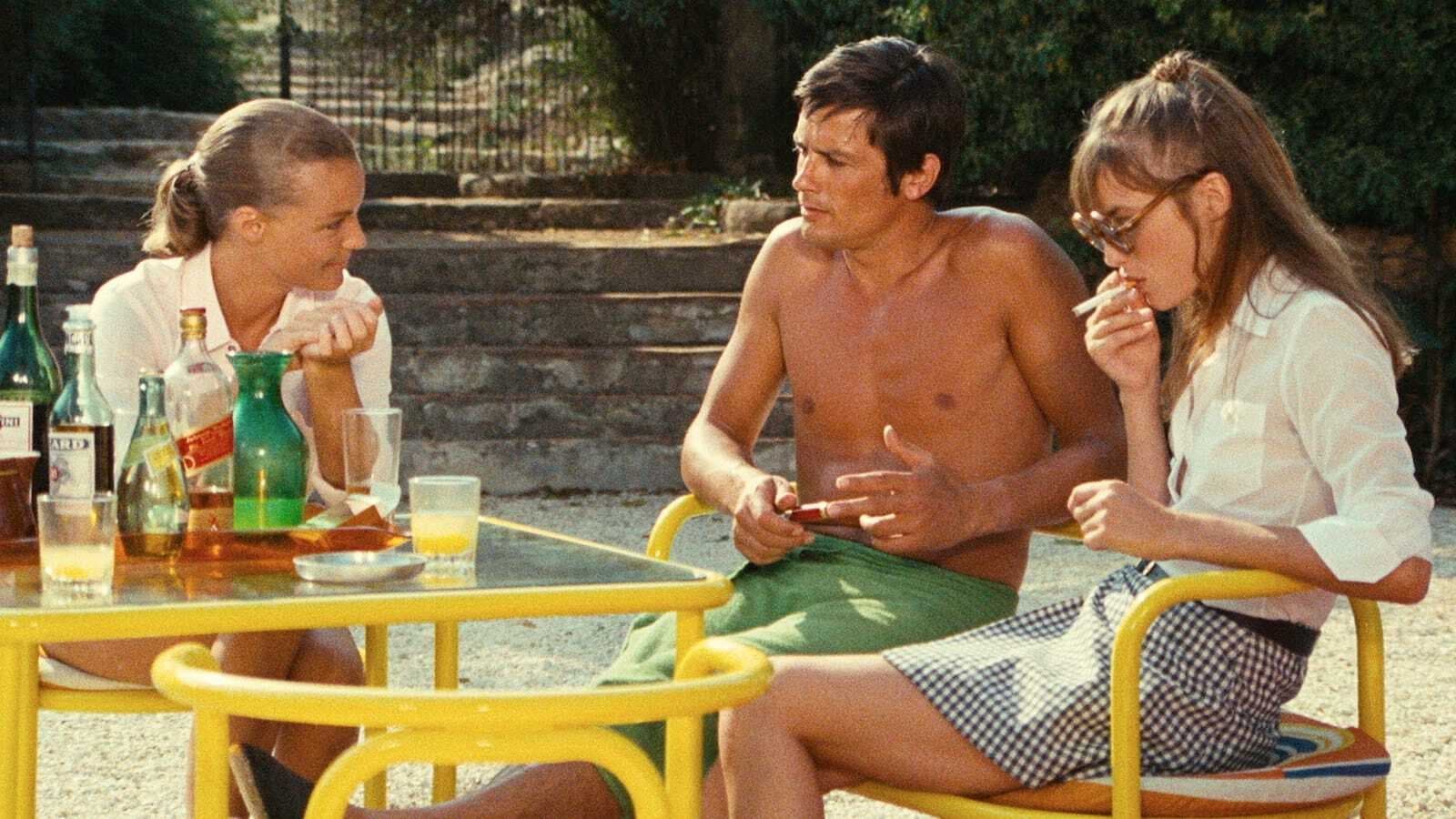
In a Nutshell: In this slow-burn thriller, lovers Jean-Paul (Delon) and Marianne (Romy Schneider) enjoy a beautiful house (with pool) in the South of France. But there’s turbulence ahead when Marianne’s former lover Harry (Maurice Ronet) shows up with nubile daughter Charlotte (Jane Birkin).
Did You Know?: Delon and Schneider had experienced a messy split up five years before. Delon lobbied her aggressively to do the film, perhaps hoping to reconcile. Their combustible chemistry is evident on-screen. Decades later, Delon could not watch the film, since both Schneider and Ronet died prematurely.
3) Purple Noon (1960)
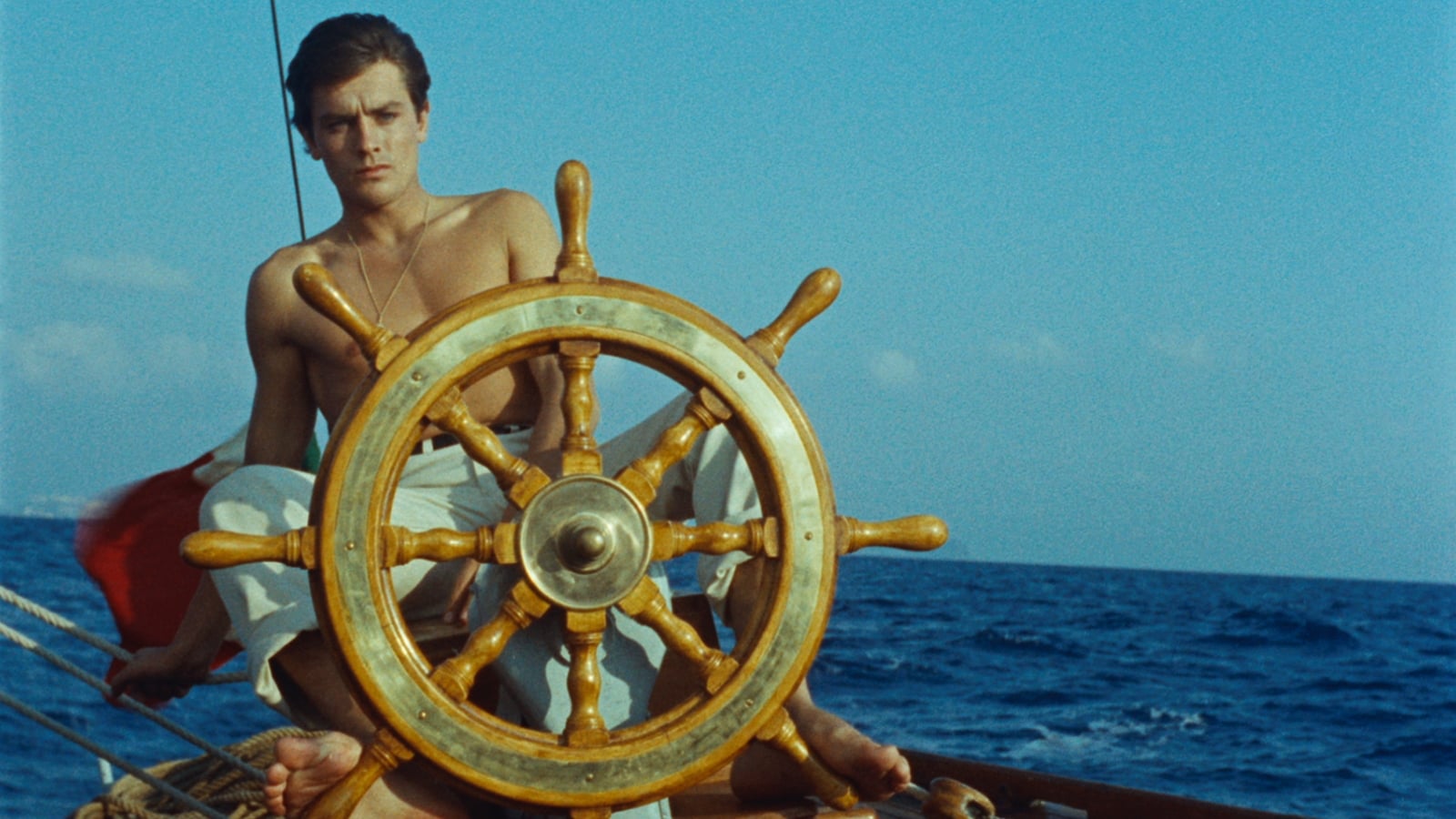
In a Nutshell: Based on Patricia Highsmith’s novel, Delon plays Tom Ripley, a presentable but penniless gent who attaches himself to wealthy idler Philippe Greenleaf (Maurice Ronet again) in sunny Italy. Soon he craves Philippe’s life so much he may even kill to steal it.
Did You Know?: This film was the first Ripley adaptation for the big screen and made Delon an international star. Look fast for his real-life romantic partner Romy Schneider doing a brief cameo in the opening scene.
2) Le Cercle Rouge (1970)

In a Nutshell: Corey (Delon, with mustache) gets out of prison, and plans a daring jewelry heist involving a corrupt cop (a weathered Yves Montand) and an escaped convict (Gian Maria Volonte). This measured, intricate thriller from Jean-Pierre Melville is unmissable.
Did You Know?: Bourvil, the fabulous actor playing the cop who’s tracking convict Volonte, died of a rare illness before the film was released. His part had first been offered to Melville regular Lino Ventura, and star Jean-Paul Belmondo was first slated to play the convict.
1) Le Samourai (1967)
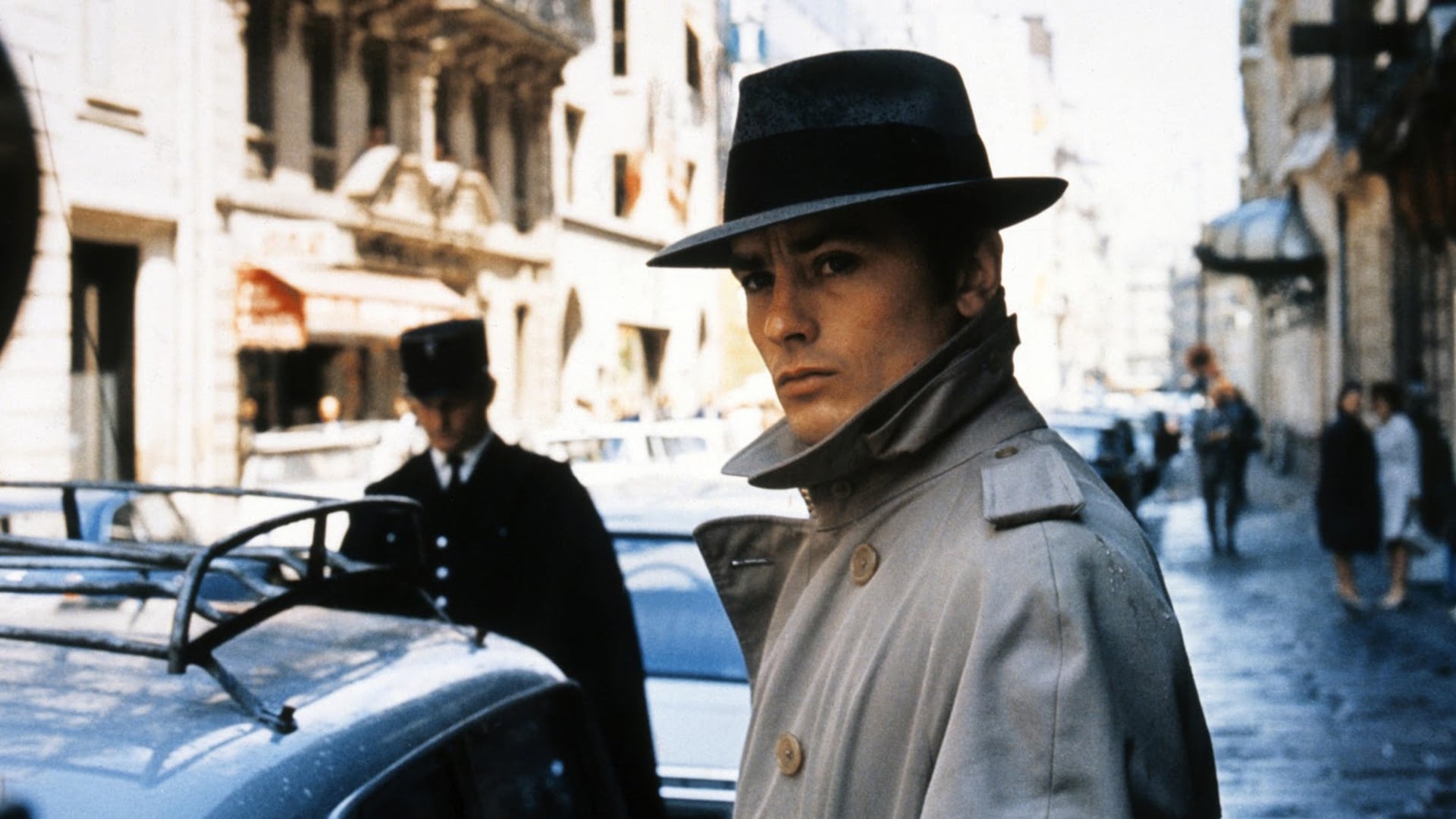
In a Nutshell: Jef Costello (Delon) is a cold, bloodless hit man who does his work with the utmost professionalism. When he’s betrayed by his own employers after a contract killing, Jef must use all his wiles to survive. In my view, the signature Delon role, and film.
Did You Know?: The assassin’s girlfriend was played by Delon’s then-spouse Nathalie Barthelmy in her film debut. Reportedly, Delon was fascinated by Samurai lore and traditions, and even owned a sword. Director Jean-Pierre Melville wrote the film specifically for him.
More: Gallic Gangsters: Best French Crime Movies of the ’50s and’60s
